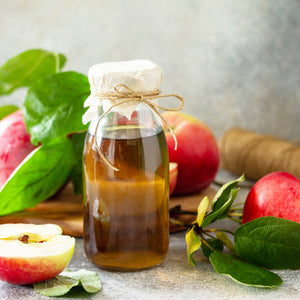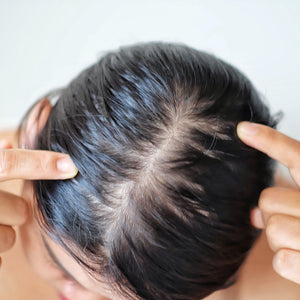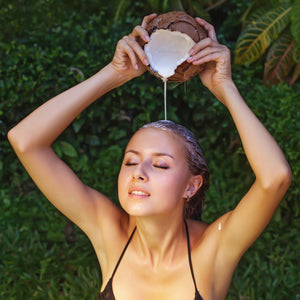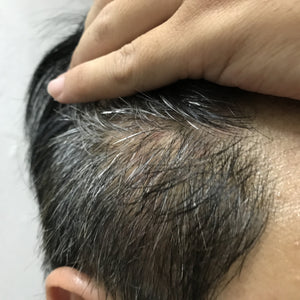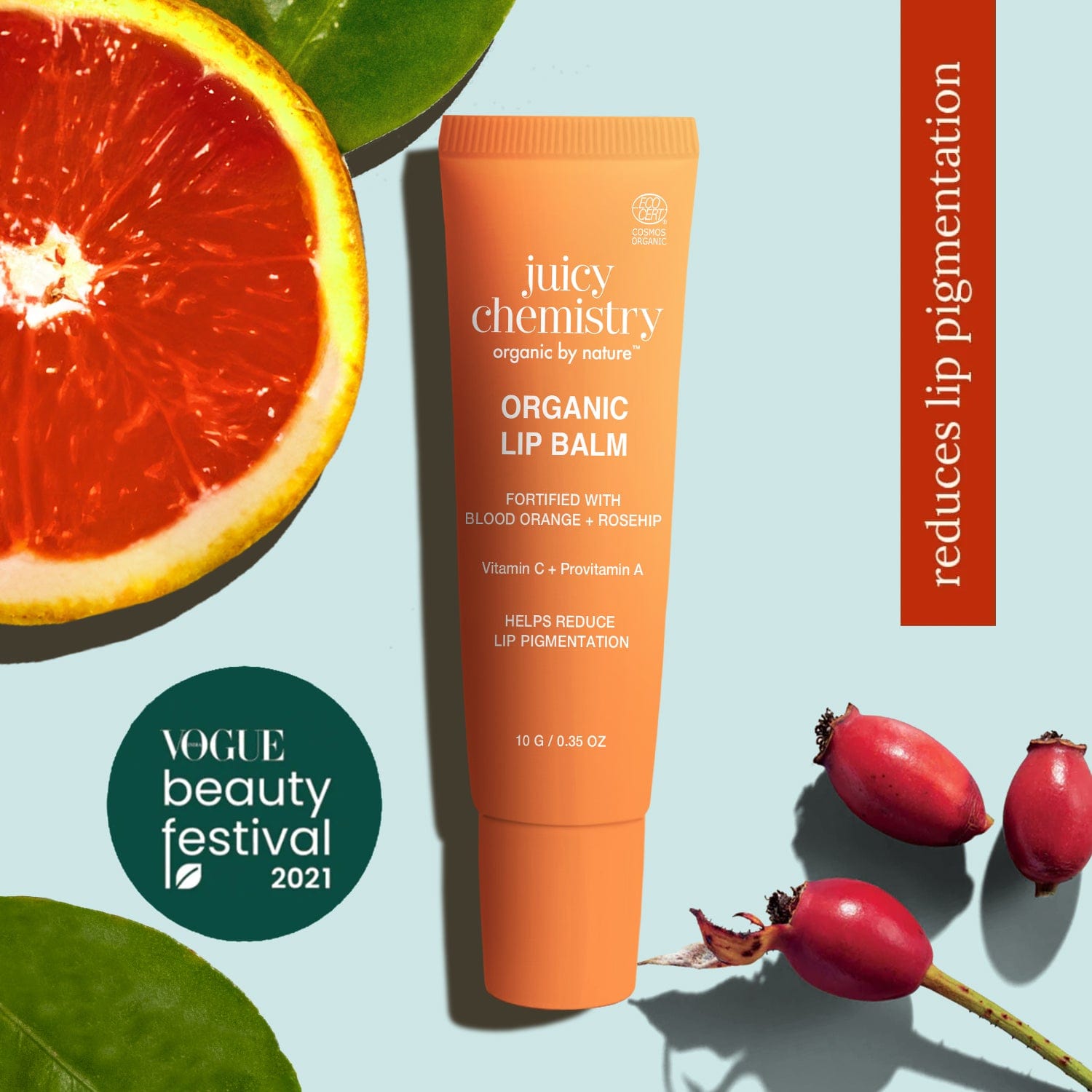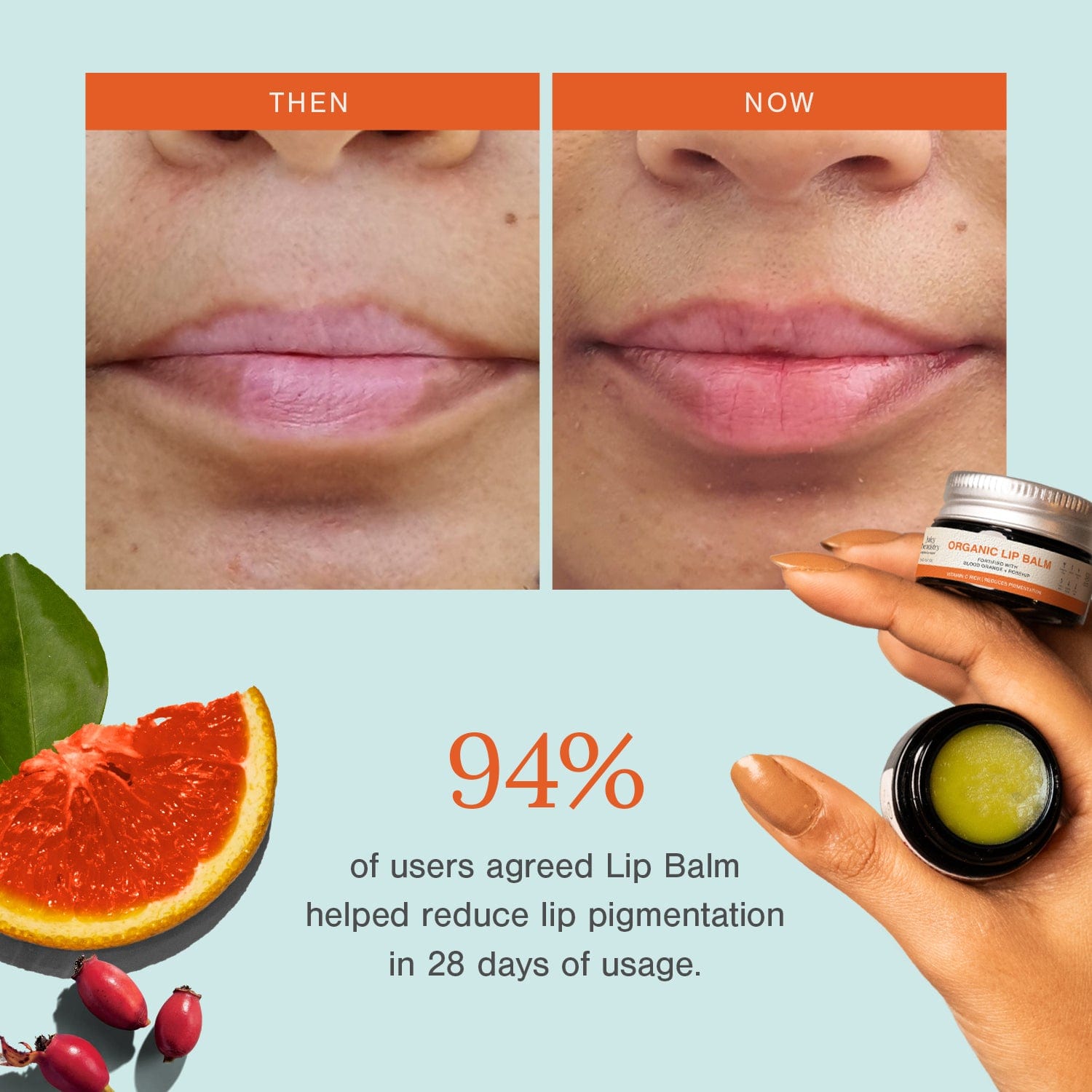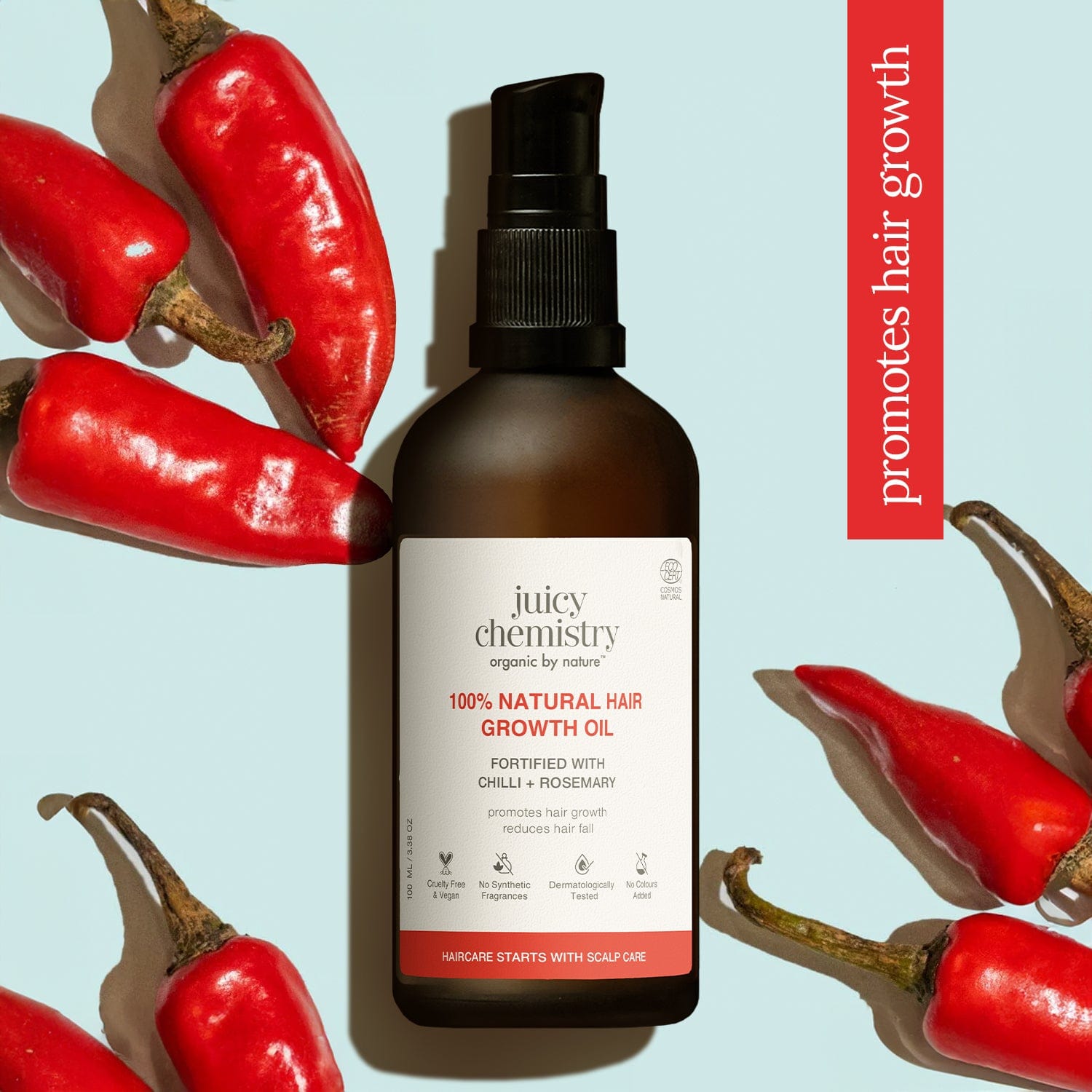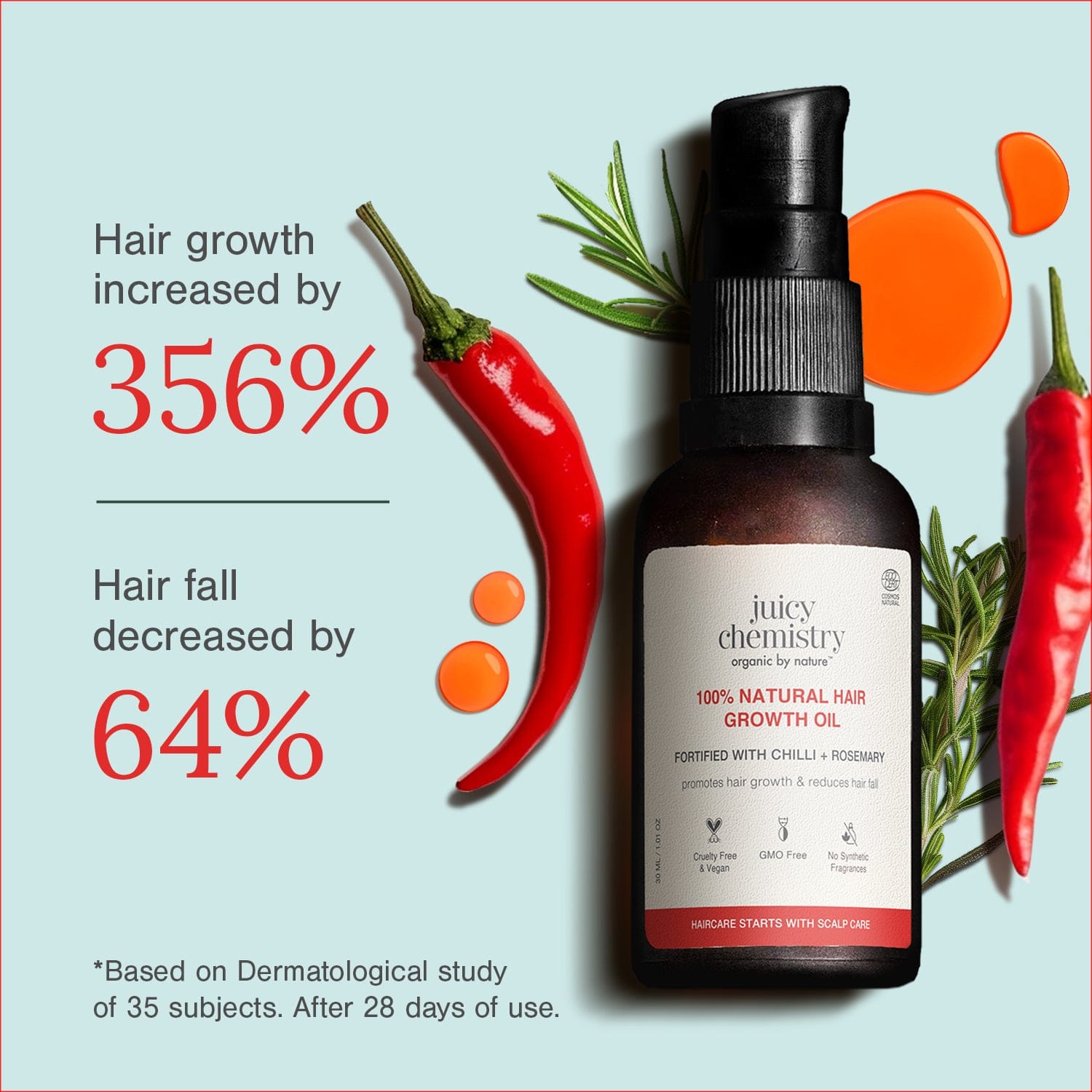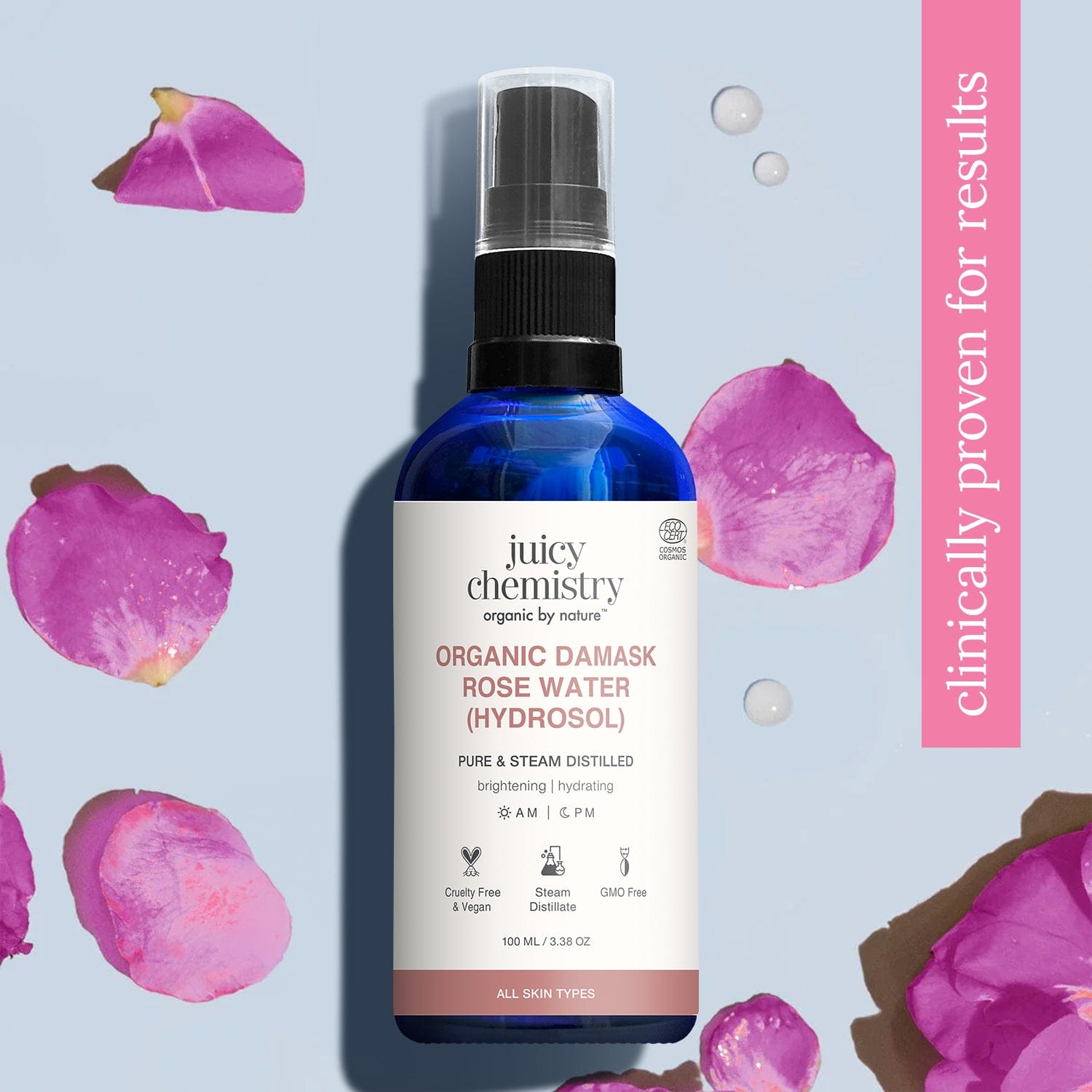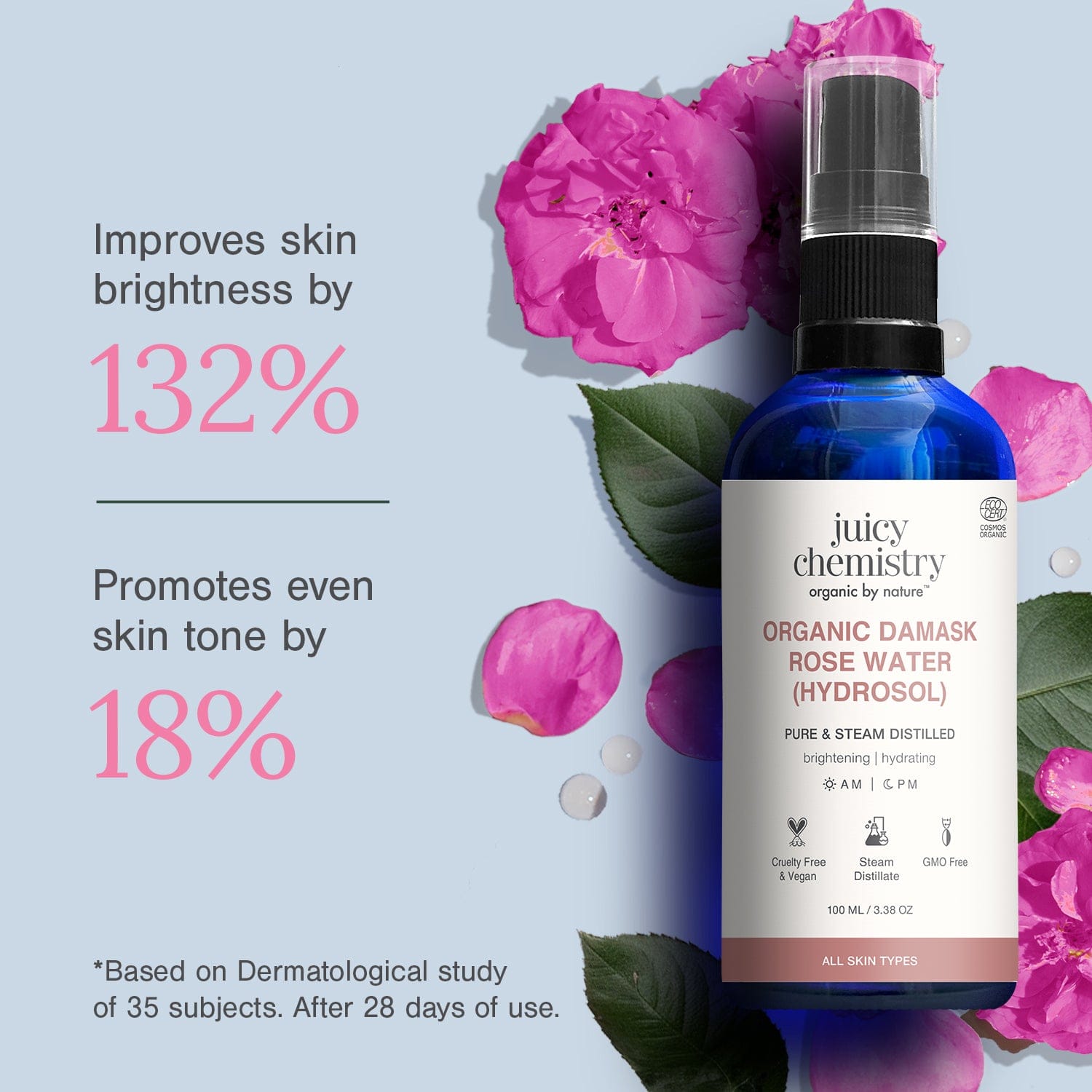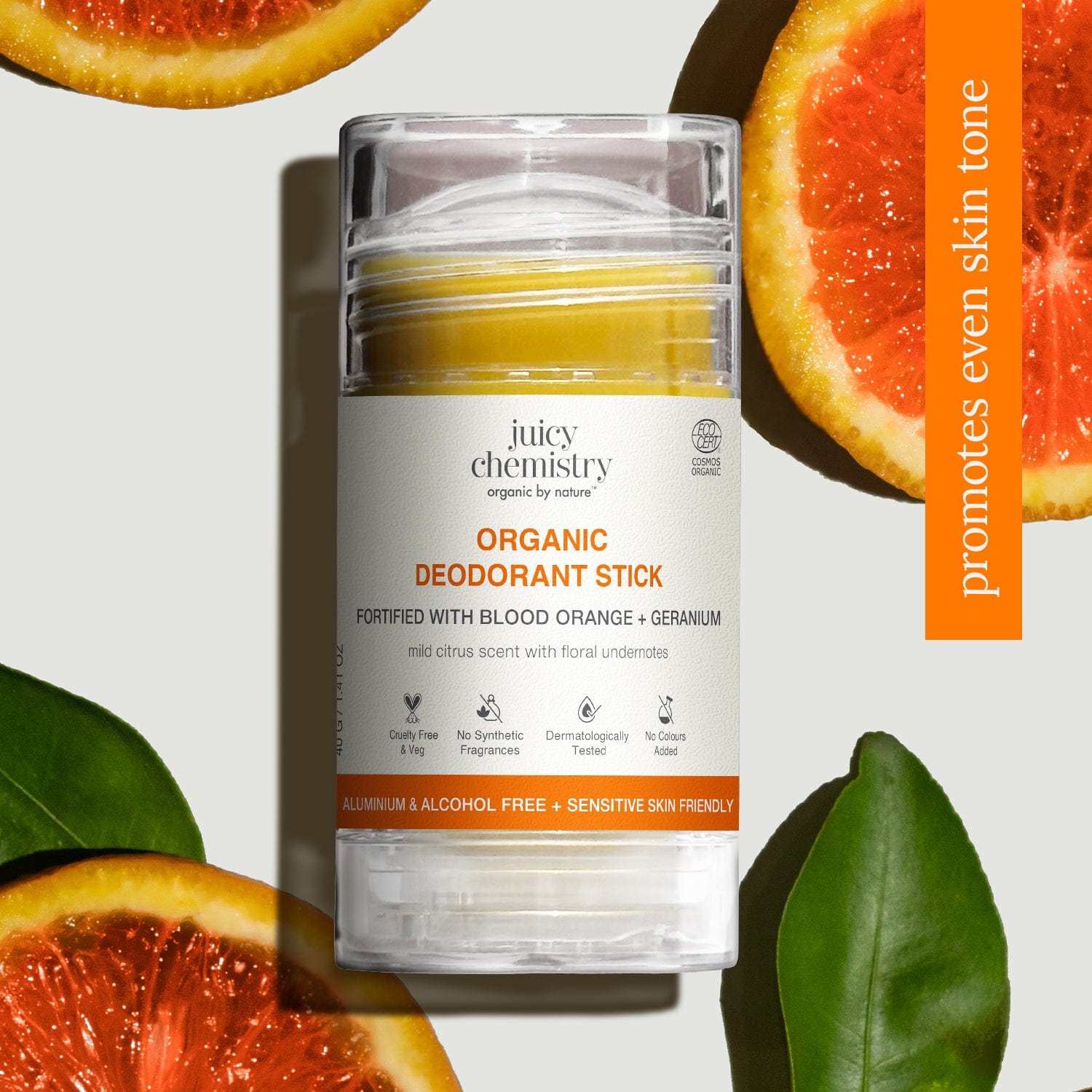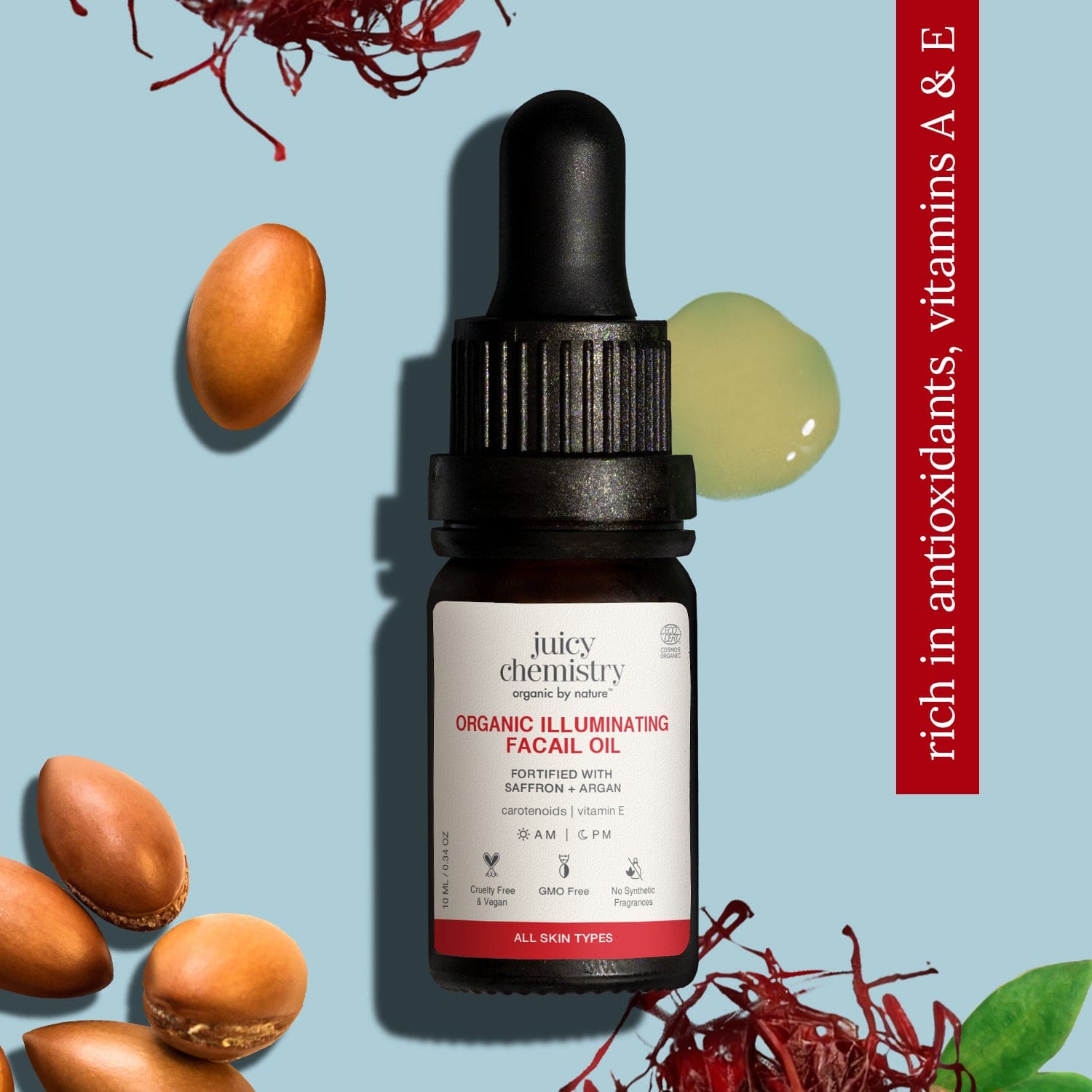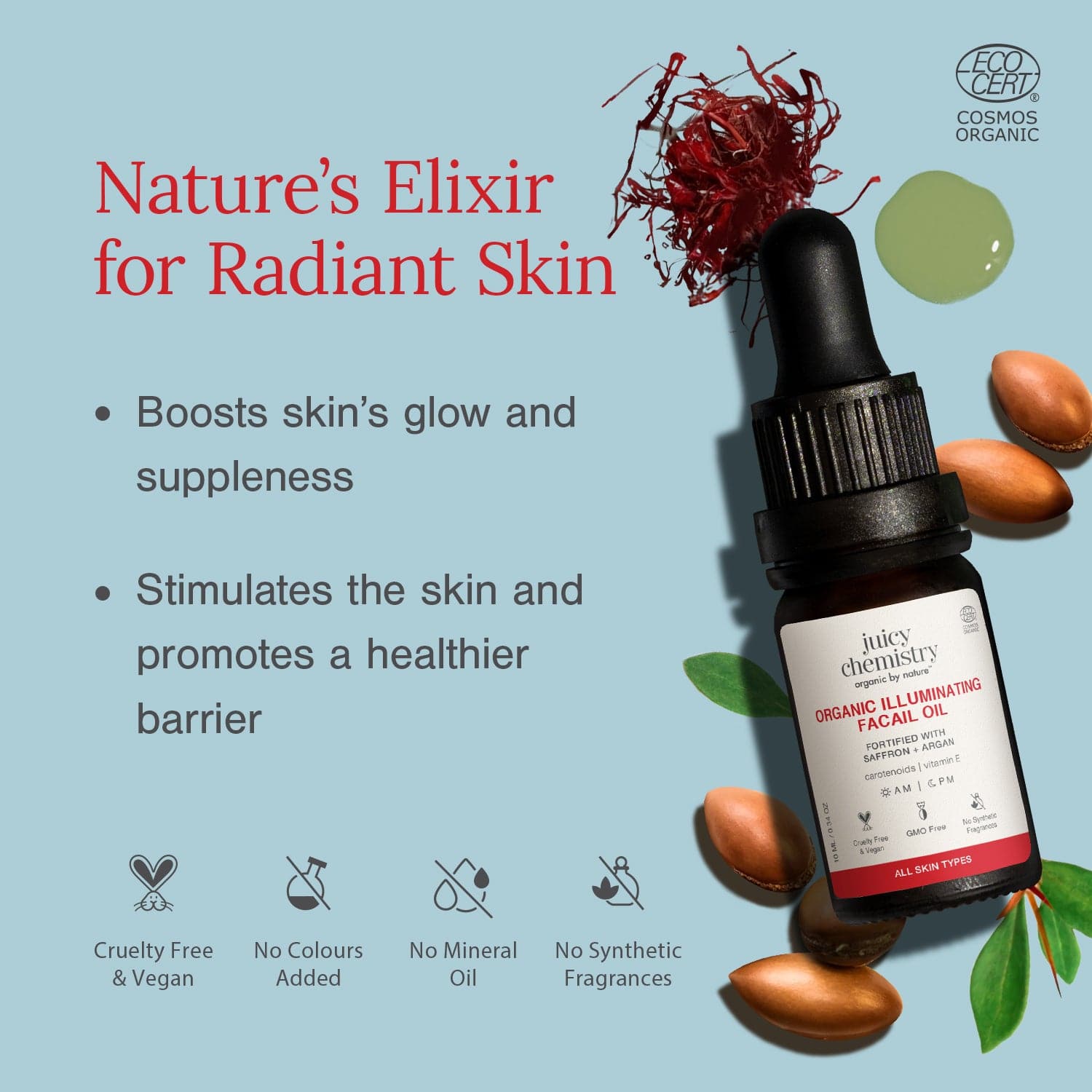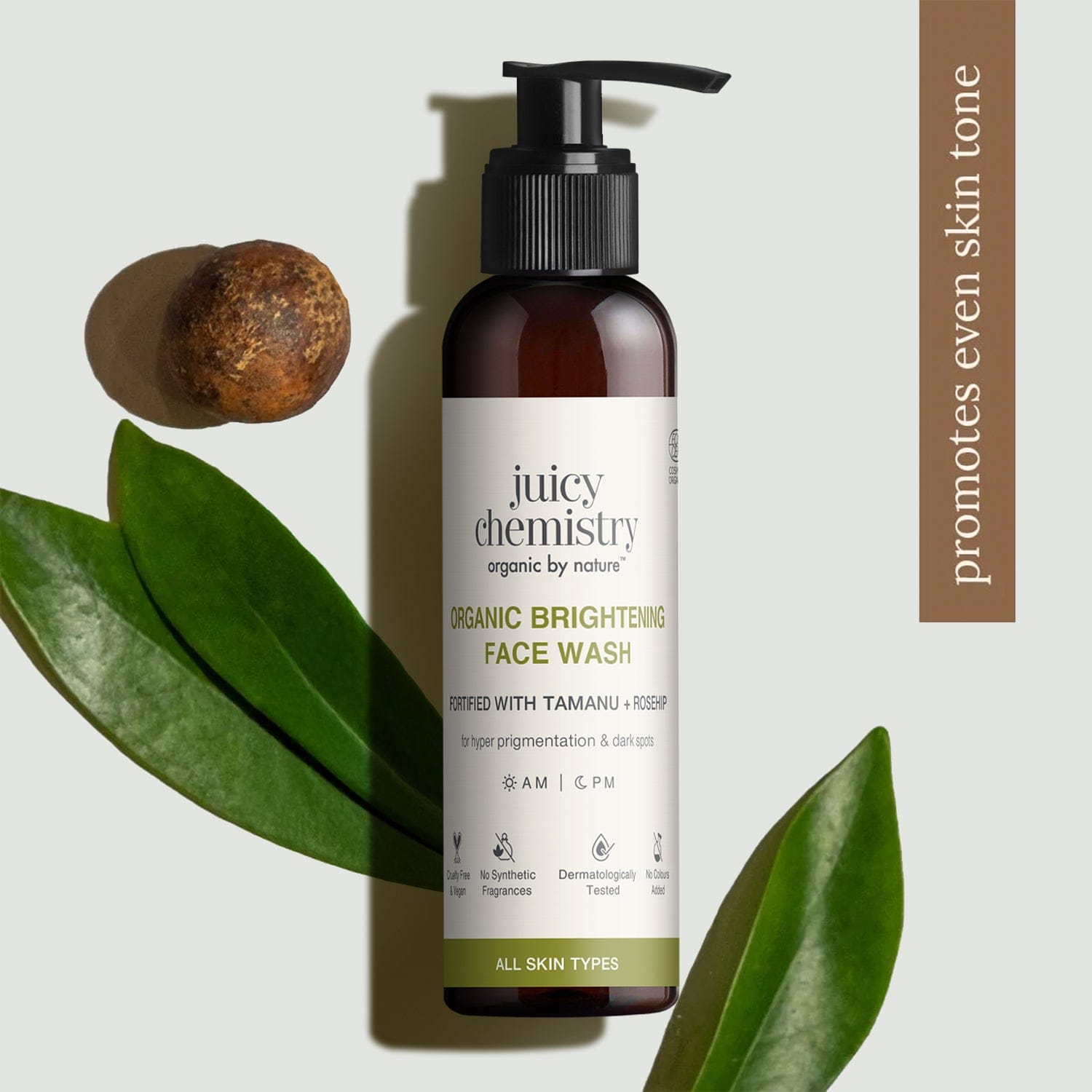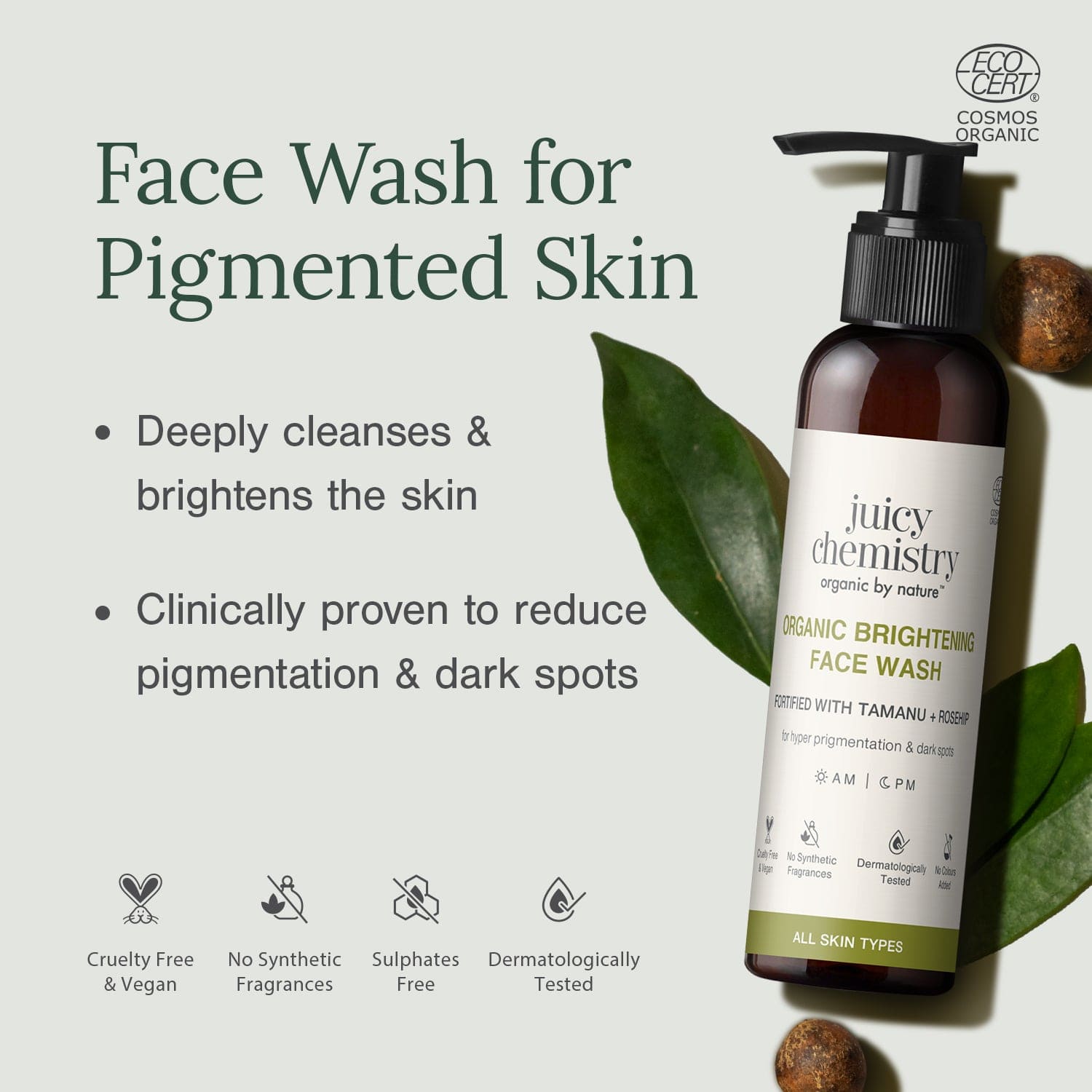Jojoba Oil For Hair: Benefits And How To Use
July 03, 2022Jojoba oil is a unique carrier oil that closely resembles the natural sebum produced by human skin. Often described as liquid wax, it boasts remarkable moisturizing qualities.
This oil, derived from the seeds of the jojoba plant, scientifically known as Simmondsia Chinensis, is a shrub indigenous to California, Arizona, and northern Mexico, and is now cultivated globally. Cold-pressed jojoba oil appears pale yellow and has a subtle nutty scent.
The applications of jojoba oil in both haircare and skincare are extensive, thanks to its exceptional moisturizing capabilities, high resistance to oxidation, and its ability to easily penetrate the skin. Incorporating jojoba oil into your hair care routine could be one of the best decisions you make. We invite you to explore whether jojoba oil can assist in reducing hair loss.
Advantages of Jojoba Oil for Hair Loss
There is limited research backing the use of jojoba oil as a remedy for hair loss prevention. However, the properties of jojoba oil as a liquid wax enable it to dissolve sebum buildup in clogged hair follicles.
This is achievable due to its capacity to penetrate the follicles and eliminate comedones, thereby cleansing the scalp. It can also help alleviate scalp acne and stimulate new hair growth.
When jojoba oil is combined with hair straightening products, it provides benefits to the hair fibers, safeguards the hair strands, and enhances resistance to breakage. Utilizing jojoba oil for hair loss caused by breakage may offer some advantages.
Additional Advantages of Jojoba Oil for Hair
While jojoba oil may not significantly aid in hair loss, it offers numerous benefits when incorporated into your hair care regimen. This oil hydrates the scalp and helps eliminate excess sebum accumulation. Additionally, it promotes scalp circulation, enhancing blood flow to the hair follicles.
-
Soothes Dry Scalp
A dry scalp often lacks natural sebum, making it susceptible to various infections and itchiness. Jojoba oil features a lightweight, liquid wax consistency that is easily absorbed by the scalp. Its highly moisturizing properties make jojoba oil an ideal choice for scalp hydration. -
Conditions and Hydrates Hair
The presence of vitamin B complex and oleic acid in jojoba oil fortifies the roots of hair follicles. Behenic acid, Gadoleic acid, and Palmitic acid found in jojoba oil serve as emollients, aiding in the moisturizing and conditioning of hair. When applied topically as a standalone treatment, jojoba oil creates a protective barrier around the scalp and hair, effectively sealing in moisture to enhance softness. -
Aids in Controlling Flaky Scalp
The oleic acid and Vitamin E found in jojoba oil may help prevent scalp dryness and flakiness. This oil can serve as an effective natural remedy for dandruff and a flaky scalp. -
Ideal Carrier Oil for Diluting Essential Oils for Hair
Essential oils are concentrated extracts that require dilution with carrier oils. Jojoba oil is an excellent choice for this purpose, as it is readily absorbed into the scalp skin. This property facilitates better penetration of essential oils into the skin. -
Rich in Antioxidants
Jojoba oil is packed with sterols and vitamin E, which function as antioxidants, protecting the hair and scalp from free radicals while also promoting blood circulation.
How to Apply Jojoba Oil for Hair
To maximize the benefits of jojoba oil for your hair, ensure you use only 100% pure, organic, and cold-pressed jojoba oil.
As a Standalone Hair Treatment
Jojoba oil boasts remarkable moisturizing capabilities and also helps to unclog pores. It possesses anti-inflammatory and antioxidant properties as well.
Take a suitable amount of oil and massage it into your scalp until fully absorbed. Allow it to sit for an hour before rinsing it out with shampoo, followed by your preferred conditioner.
As A Conditioner
If you're aiming to control frizz in your hair, consider utilizing cold-pressed jojoba oil as a natural conditioning agent. It not only softens but also shields the hair. Simply take a few drops of jojoba oil and apply it to damp hair, focusing from the mid-length down to the ends.
In Combination With Essential Oil
You can create a hair growth elixir using rosemary essential oil along with jojoba oil by following these steps.
Instructions
- Begin with 2 teaspoons of Cold Pressed Jojoba Oil and incorporate 1-2 drops of rosemary essential oil, then mix thoroughly.
- Gently massage this oil into your scalp.
- You can either leave the oil in overnight or rinse it out after one hour.
Always ensure that rosemary oil is diluted before applying it to the scalp; it should never be used directly. The essential oil must be diluted to a concentration of 1%, meaning if you use 1ml of rosemary essential oil, you should mix it with 99ml of a carrier oil for proper dilution.
Juicy Chemistry’s Offerings Featuring Jojoba Oil
Juicy Chemistry Cold Pressed Jojoba Carrier Oil
This organic jojoba oil is extracted through a cold process method and is regarded as the finest jojoba oil in India, as it is certified organic by Ecocert (France) in line with COSMOS standards.
Juicy Chemistry Sacha Inchi, Lemon & Peppermint Organic Hair Oil
This lightweight yet potent hair oil is crafted with a blend of effective essential oils designed to alleviate dandruff and calm an itchy scalp. It is particularly beneficial for dry scalps but is suitable for all hair types.
Juicy Chemistry Sacha Inchi, Argan & Mango Butter Hair Mask
This nourishing and conditioning hair mask, infused with argan oil, is ideal for treating dry, frizzy hair.
Juicy Chemistry Marula, Argan & Lavender Hair Oil
This organic hair oil features a hydrating combination of calming and invigorating essential oils along with moisturizing oils, making it perfect for those with dry or damaged hair.
Frequently Asked Questions
-
Is it safe to apply jojoba oil to your hair daily?
For individuals with fine hair, it is advisable to use jojoba oil sparingly before washing. Simply massage a few drops into your scalp and rinse it out the following day, or after washing if your hair is thick and frizzy. -
Should jojoba oil be applied to wet or dry hair?
It is best to apply jojoba oil to slightly damp hair, focusing on the ends and lengths to lock in moisture. Avoid using it on hair that is dripping wet. -
Can jojoba oil promote hair growth?
Jojoba oil serves as a conditioner, enhancing shine and manageability. However, there is currently no conclusive evidence that it stimulates hair growth or prevents hair loss.
References
https://www.ncbi.nlm.nih.gov/pmc/articles/PMC8197201/
https://www.ncbi.nlm.nih.gov/pmc/articles/PMC4289931/
https://pubmed.ncbi.nlm.nih.gov/24442052/
https://pubmed.ncbi.nlm.nih.gov/33178378/








